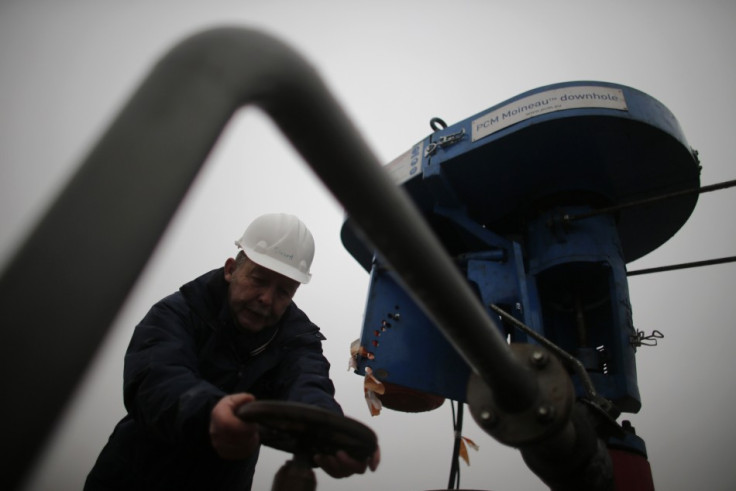UK Shale Gas Industry Needs £33bn Investment to Get Fracking

Investment of £33bn is needed to get a shale gas industry off the ground in the UK, according to a report.
In order to drill 4,000 wells over an 18 year period, billions of pounds must be ploughed into the supply chain – potentially creating 64,000 new jobs.
Among the areas needing heavy investment are specialist fracking equipment, waste management, and raw materials such as steel.
The report was commissioned by industry body the UK Onshore Operators Group (UKOOG) and carried out by consultancy giant EY.
"I want this report to be a call to action for the UK supply chain for small and large companies, whether in Lancashire or Lowestoft, whether in the steel industry, the chemical industry, or in other manufacturing and services," said Michael Fallon, UK minister of state for business and energy. "The message is to get ready for shale."
Environmental campaigners hit back at the EY report.
"This report is a rehash of rose-tinted industry guesstimates about the economic potential of fracking in the UK," said Dr Doug Parr, chief scientist at Greenpeace.
"Paying accountants to tally up hypothetical jobs won't change the fact that executives still have no idea whether they'll actually be able to get gas out of the ground on a commercial scale in the UK.
"Scratch beneath the hype and this report is actually a veiled plea for government and taxpayer support for an industry that has stalled before even taking off. It's less about what fracking can do for your country, and more about what your country should do for fracking."
Parr added that ministers must instead focus on the low-carbon energy sector.
What is fracking?
Fracking, short for hydraulic fracturing, is the process through which shale gas is extracted. Wells are drilled into shale rock. A mix of water and chemicals is then blasted down, fracturing the shale rock and releasing the gas, which is then collected as it rises to the top.
A geographical survey of Yorkshire and Lancashire discovered 1,300 trillion cubic feet of shale gas reserves lying under the ground. However, it is not yet clear if enough can be extracted to make it worthwhile commercially.
The government is trying to encourage exploration by firms through tax breaks. It is also trying to woo hostile local communities that would be nearby the shale gas industry.
Every affected community will get £100,000 and 1% of revenues from the unconventional gas that is successfully extracted. Firms must also sign up to a community engagement charter to ensure locals are continuously consulted about any work planned.
Critics of the industry say the chemicals used in the hydraulic fracturing – fracking – process to extract shale gas could contaminate the water supply.
But proponents insist the risk of chemical leaks is small and that the industry would be heavily regulated to prevent such a disaster.
A successful shale gas industry would not necessarily lower household bills in the UK. Instead it would make the UK less reliant on imports and so more secure in its energy supply.
And it could contribute large amounts of tax to the Treasury, create new jobs, and boost the economy.
© Copyright IBTimes 2025. All rights reserved.






















